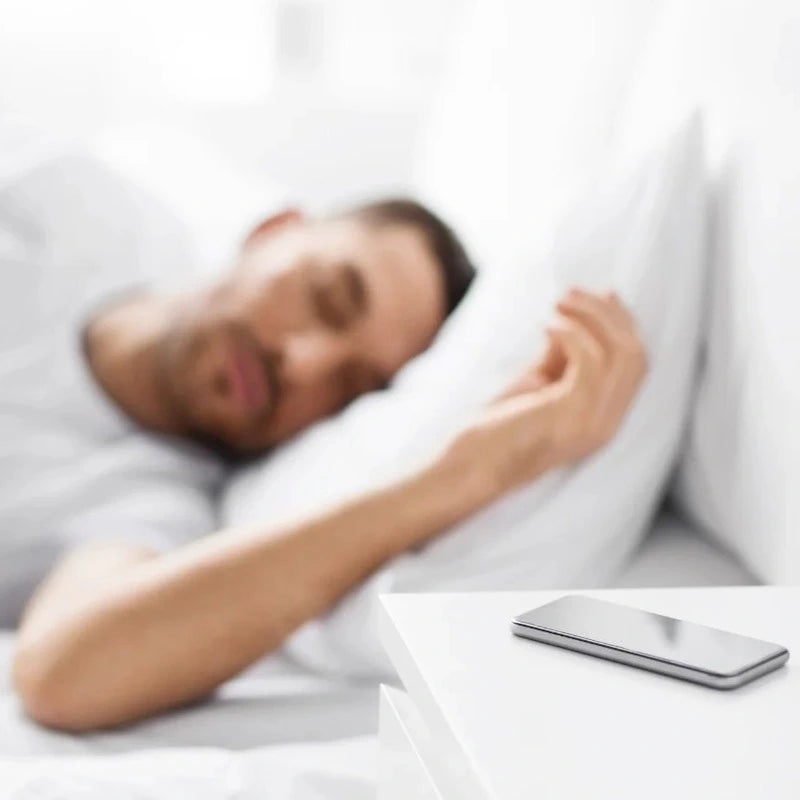In our increasingly tech-driven world, concerns about electromagnetic fields (EMF) and their potential impact on sleep quality are becoming more prevalent. As we fill our bedrooms with various modern technologies, it’s essential to understand how these devices contribute to EMF levels that might disrupt our sleep. This article will focus on identifying high EMF levels in your bedroom and exploring their effects on your sleep quality.
Understanding EMF and Its Sources
Electromagnetic fields (EMF) are areas of energy that surround electrical devices. They can be categorized into low-frequency (like those emitted by household appliances) and high-frequency (such as those from Wi-Fi routers and cell phones).
In the bedroom, common sources of EMF include cell phones, laptops, Wi-Fi routers, smart devices, and even bedside clocks. Understanding these sources can help you assess your environment effectively.
EMF exposure symptoms can vary, but they may include insomnia, fatigue, headaches, and difficulty concentrating. If you notice any of these symptoms, it may be time to evaluate your bedroom's EMF levels.
How to Measure EMF Levels
To determine whether your bedroom has high EMF levels, you'll need the right tools. The best EMF detectors available in the market can help you measure the EMF radiation emitted by various devices. Some popular models include the Trifield TF2 and the Cornet ED88T, known for their accuracy and ease of use.
Here's a simple guide on how to measure EMF levels in your bedroom using these detectors:
Interpreting EMF readings is crucial; higher levels often indicate increased exposure, which could contribute to sleep disturbances.
Assessing the Impact of EMF on Sleep
Research findings indicate a correlation between EMF exposure and sleep disturbances. Several studies suggest that high levels of EMF can disrupt melatonin production, leading to difficulties in falling and staying asleep.
Personal experiences also shed light on the issue. Many individuals report improved sleep quality after reducing their exposure to EMF sources, such as moving their Wi-Fi router away from the bedroom or unplugging devices at night.
Moreover, embracing digital detox benefits can significantly enhance your sleep environment. Reducing screen time and limiting the use of electronic devices before bed can help you unwind and prepare for restful sleep.
EMF Shielding and Protection Tips
To minimize EMF exposure in your bedroom, consider using EMF shielding materials. Effective materials like shielding paint, specialized fabrics, and window films can help reduce EMF penetration.
In addition, you can implement personal EMF protection strategies:
You can also create a low-EMF bedroom by optimizing your room's design. Consider arranging your bedroom layout to position your bed away from walls that have electrical outlets or heavy electronic usage.
Conclusion
In conclusion, understanding how to measure and mitigate EMF levels in your bedroom is vital for ensuring a good night's sleep. By identifying potential sources of EMF and implementing protective measures, you can create a healthier sleep environment.
We encourage you to assess your bedroom environment and consider using the Milerd emf sensor for effective EMF monitoring. Taking these steps will not only help you sleep better but also contribute to your overall well-being.



Laisser un commentaire
Ce site est protégé par hCaptcha, et la Politique de confidentialité et les Conditions de service de hCaptcha s’appliquent.